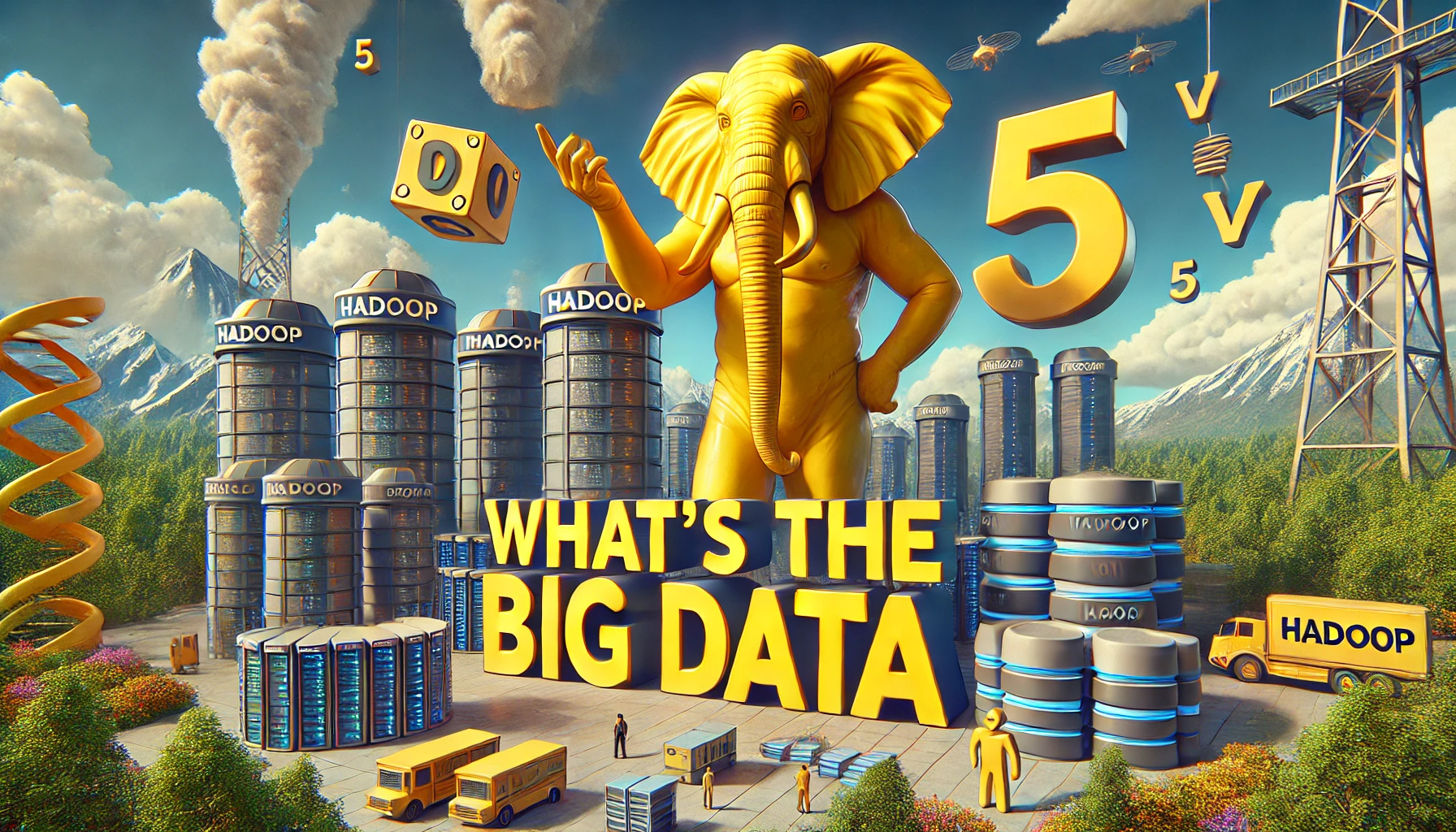Table Of Content
Big data is just one of those buzzwords that get thrown around a lot, yet nobody really knows what it means. In plain words, big data refers to very large datasets that are complex in nature and beyond the ability of typical data-processing tools to handle. What underlies this philosophy is not just the size but rather the valuable insights when properly analyzed.
According to Gartner, the Definition of Big Data is below:
High-volume, high-velocity and/or high-variety information assets that demand cost-effective, innovative forms of information processing that enable enhanced insight, decision making, and process automation.
The moment you open and interact with any device, you create data. It could be browsing through social media websites, making online purchases, or even using GPS to navigate. Now imagine billions of people across the globe doing just the same. This huge and diversified gathering of pieces of data is what we call this way.
Volume, Velocity, Variety, and Veracity: The Four Vs of Big Data
When it comes to defining big data, four characteristics often come into play: Volume, Velocity, Variety, and Veracity. These are commonly referred to as the “4 Vs” of big data.
- Volume: This is the most obvious characteristic—sheer size. Big data involves processing terabytes or even petabytes of data. For instance, think about the volume of data generated by social media platforms like Twitter or Facebook daily. Companies now deal with massive datasets that require specialized tools and approaches to store and analyze effectively.
- Velocity: This is about the speed at which data is generated and processed. In today’s digital age, data flows continuously and needs to be processed in real-time. Consider stock trading, where decisions are made in fractions of a second based on real-time data. The faster the data is processed, the more timely and relevant the insights are.
- Variety: Big data isn’t just about numbers. It’s a mix of structured data (like databases) and unstructured data (like emails, social media posts, and videos). This variety makes it challenging to analyze, as different types of data often require different processing methods.
- Veracity: This is about the quality and trustworthiness of the data. Not all data is accurate or useful. For instance, user-generated content on social media can be noisy and misleading. The challenge lies in filtering out the inaccuracies and ensuring that the data you’re working with is reliable enough to make sound decisions.
The Debate: Four Vs vs. Five Vs
While the 4 Vs framework has been widely accepted, some experts argue that a fifth V—Value—should be included. Value refers to the potential benefits that big data can offer when properly harnessed. The idea is that collecting data is meaningless unless it provides actionable insights that drive business decisions.
The question of which is correct between the 4 Vs and the 5 Vs of big data is an argument on whether the value is an inherent attribute or the end result of using proper data management. The proponents of the 5 Vs argue that the ability of being valued is key and hence a core constituent of the big data definition. Traditionalists still argue that because value is a result and not an attribute, it should not be included in the main definition.

Both are practical in nature and useful, depending on your purpose. If you are into the technical aspects related to the management of big data, perhaps 4 Vs would be adequate; otherwise, if meaningful insights for driving strategic decisions are the goals, the 5 Vs is a better path forward.
Less is More
So when so much data is available, with petabytes of data being generated every seconds, what is the most important V out of these 4 or 5 we discussed so far?
The most important of the 5 V is Veracity
Why?
Because it’s not about volume, it’s about Quality
It is not about the size or the speed of big data, the understanding implies realizing its potential. The 4-or 5-Vs hold the secret to mastery of big data’s transformative power: turning vast and complex data into actionable insights that ignite innovation and enable success.

